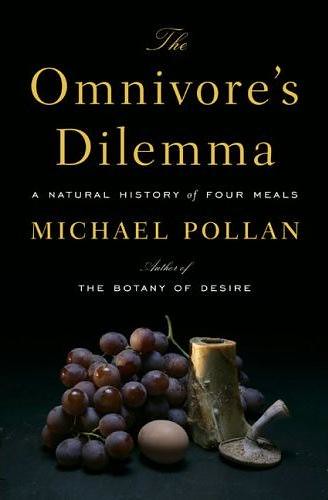
To my shock and horror I discovered corn syrups and other sugars added to jars of peanuts.
I usually by peanuts in the shell, but I don't eat peanuts that often. I typically stick with more exotic nuts like macadamias, almonds, pistachios, pecans, cashews--because I'm so fancy.
I love a good peanut, though, dang it! I'm fortunate not to have allergies, and I realize and sympathize with those who are unable to experience the joy and tasty satisfaction that peanuts can offer. Luckily these days grocery stores are stocked with all kinds of nuts so our choice is not limited.
Last week, during our wonderful blizzard, I wanted peanuts. I visited the nut aisle (which is new to me because I usually buy my nuts at TJ's) and found a large variety of peanuts. I figured right off the bat that honey roasted peanuts would be off-limits. They were. I looked at some roasted, unsalted peanuts and they looked boring so I tried finding roasted, salted peanuts. I found several different brands, including the big "P" brand of peanuts, that added corn syrup, maltodextrin and corn syrup solids. Can you imagine why the heck these peanut companies are adding all this sugar to the poor, otherwise innocent peanut?
I finally found a grocery store brand of roasted, unsalted peanut and that turned out to be my only bet. All other peanuts had added sugars.
Two things I don't get:
- Peanuts are naturally sweet, so why would they need sugar? Without added sugars, one serving size of peanuts (28 g/about 40 pieces) has approximately 1 gram of sugar. Peanut sugar. Let's say that peanuts were not sweet enough by themselves. Wouldn't it be just as easy to add sugar ourselves?
- I've heard that sugar can act as a preservative. In this case, though, peanuts don't need preservatives. The jar I bought says, "SELL BY JUN 22 11". If my roasted, unsalted peanuts have a year and half shelf life, what gives? Do the corn syrup covered peanuts have a 10 year shelf life? Gross.
It's another must-read label, folks!



